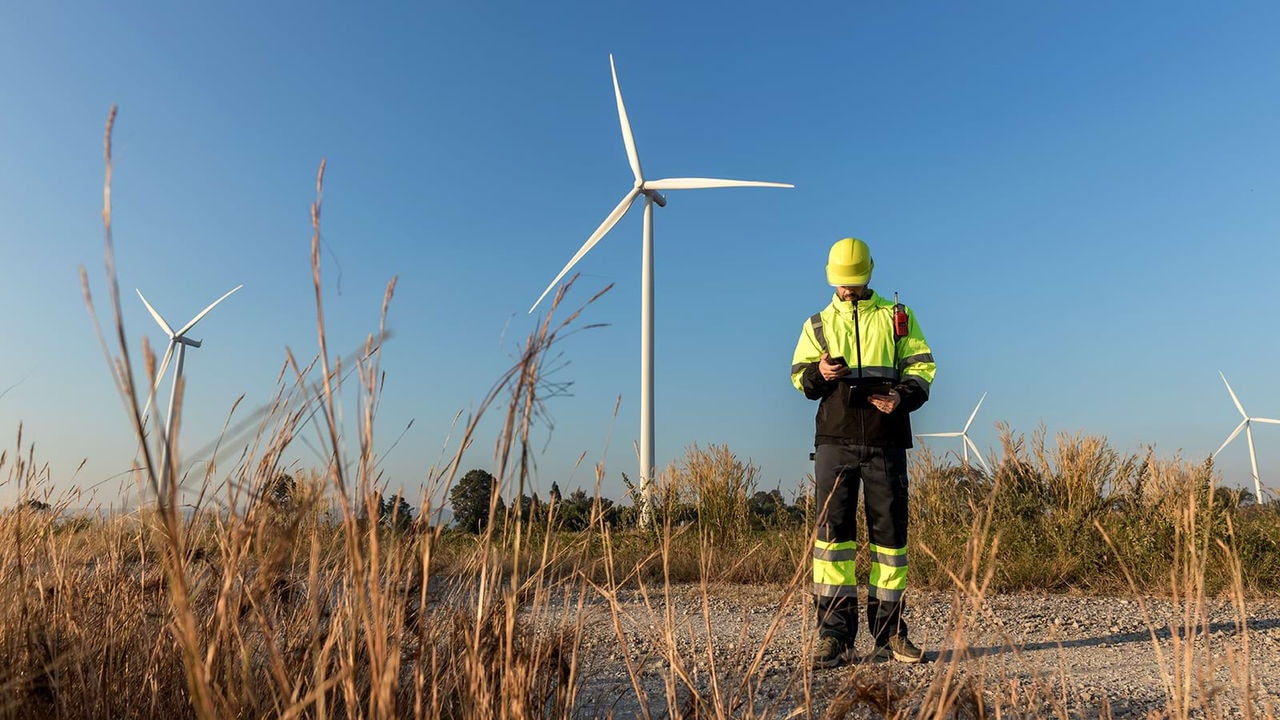
On the way to net zero
PwC EnergyTransition-Tracker

The current market environment of the energy transition in Germany
The Russian invasion in Ukraine has fundamentally changed the basic assumptions surrounding energy policy. In order to quickly become energy-independent from Russia, energy sources that have already been written off are experiencing kind of a renaissance. At the same time, the German government has once again accelerated the expansion of renewable energies for climate protection. Political reservations against the expansion of wind energy or power lines are successfully declining. Furthermore, offshore wind farms in the North Sea region are to be expanded in order to double the energy output. The fast approval of LNG terminals brought a ray of hope that other energy infrastructure projects will also progress rapidly in the future. The German photovoltaic industry is hoping to gain an additional boost, and green hydrogen could fundamentally alter the course of the energy transition.
But 2030 isn’t far off. Are the current efforts sufficient or do we need to take further steps? Along the same lines as our E-Mobility-Check, we will have a look at various aspects of the green transition and analyse where the developments are on course and where politicians and companies need to improve. What financial and social efforts are still needed if we want to become CO2-neutral and energy-independent?
“A swift energy transition is not only an ecological responsibility, but also an economic and social one. Businesses and policy makers need to diversify their energy mix one step at a time, in order to fully realise the potential for a sustainable future.”
Would you like to receive the latest topics of our EnergyTransition-Tracker?
You will be added to our newsletter list automatically by downloading a current whitepaper under section “Topics in focus”.
Benefit from the EnergyTransition-Tracker at regular intervals
Up-to-date on new developments
New laws, geopolitical developments, technical innovations, new consumer behaviour: the situation on the energy market is more volatile than ever – and with it the potential paths on the way to realising a successful energy transition. With our EnergyTransition-Tracker, we provide you with current content on relevant energy sources, the expansion of the grid infrastructure and relevant thematic intersections.

The energy transition poses major challenges for all sectors. To succeed, industry, legislators and investors need a clear plan of action. We are happy to help you with our framework for ESG transformation. With our holistic sustainability and ESG consulting, we support you from identification to implementation to achieve your energy goals and become part of a more sustainable future.
Energy transition: Topics in focus
- Offshore wind power
- Onshore wind power
- Photovoltaics
- Heating
- CCUS
- E-Mobility
Offshore wind power
Offshore wind energy will be a driving force behind the energy transition in Germany and Europe. Germany has set itself ambitious targets: by 2030, 30 GW of energy is to come from offshore wind farms. At the same time, numerous challenges need to be overcome, including stable investment conditions and the role of CAPEX as a key value driver for the economic viability of projects. Despite the current situation, the demand for offshore wind turbines will increase significantly.
Read our white paper to find out how the framework conditions need to develop to make investments in offshore wind energy worthwhile.










